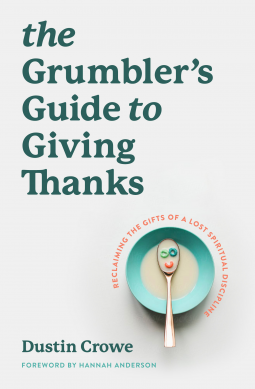TITLE:
Bible Workbook Vol. 1 Old Testament
AUTHOR: Catherine B. Walker
PUBLISHER: Chicago, IL:
Moody Publishers, 2019, (72 pages).
It is no secret that the Old Testament is not that easy to understand. The texts are ancient. The contexts are drastically different than our world. The cultures are too hard to comprehend. Enter this classic workbook for anyone who wants to walk through the Old Testament. Written originally for High School Bible classes, this work has been revised several times. Due to its popularity, it has been republished once again for a new generation.
There are notes to the teacher to help instructors optimize the use of the book. Using a chronological approach, the purpose of the book is a broad overview of the general themes of the Old Testament. Walker begins with twelve convictions about the Bible. This helps us appreciate that even though the workbook summarizes the broad themes of the Bible, we must always be aware that there are much more than what this workbook can cover. These include:
- What the Bible says about itself;
- General outline of Hebrew History;
- Types of Literature;
- Manuscripts description;
- Famous Bible translations;
- Dates, Authorship, etc.
The book can also be used for adult Bible Classes using the four units of twelve lessons each. The lesson numbers are difficult to read but the flow is chronological. Perhaps, instead of studying the book in separate forms, readers will flow along from one section to another without the need for subdivisions. The blank lines would prompt readers and students to refer frequently to the Bible for answers. There are Bible verses to memorize; questions to trigger our memories of what we know; memory keys; acronyms; interesting facts; even games about the Bible to maintain any student's level of interest. All in all, it is a fascinating overview of the Old Testament to help us get a better grasp of the big story of the Bible.
My Thoughts
It takes a little while to get used to the format of the book. I was initially expecting clearly marked Old Testament Bible books as chapter headings or genre headings as a guide for study. However, Walker uses her own demarcations; namely the sections: 1) Introduction; 2) Exodus; 3) United & Divided Kingdom; and 4) The Divided Kingdom. It does not cover all the 39 books of the Old Testament. The teacher should be bold to try different ways to use this book. One need not follow exactly the schema proposed. Use this book in conjunction with the Bible as the guide. Some of the parts would require updating, such as the section on translations. Since the year 2000, there has been many more translations. For a brief book, I still think this book has a lot of potential.
In summary, I enjoyed reading through and being challenged by the questions posed by the author. The way to truly learn is to work through the various questions and use the Bible frequently. If there is one key strength in this book, it is exactly the latter.
Catherine B Walker has taught at the Indonesian Baptist Theological Seminary for 26 years. She has authored several workbooks and theological textbooks in the Indonesian language.
Rating: 4 stars of 5.
conrade
This book has been provided courtesy of Moody Publishers and NetGalley without requiring a positive review. All opinions offered above are mine unless otherwise stated or implied.


 For those who have used the first volume on the Old Testament, this workbook brings a familiar look and feel. Like the predecessor, this workbook was written for high school Bible classes that meet every day for a semester. Thus, the workbook can be used as a common text to help students work through the New Testament and learn its major themes. Readers ought to pay attention to the first page "Note to the Teacher" so as to know how to optimize the use of this workbook. Walker gives us a good idea on what parts of the New Testament to begin with and when to go more in depth. The purpose is to urge students to read the Bible more regularly and frequently. Highlights include:
For those who have used the first volume on the Old Testament, this workbook brings a familiar look and feel. Like the predecessor, this workbook was written for high school Bible classes that meet every day for a semester. Thus, the workbook can be used as a common text to help students work through the New Testament and learn its major themes. Readers ought to pay attention to the first page "Note to the Teacher" so as to know how to optimize the use of this workbook. Walker gives us a good idea on what parts of the New Testament to begin with and when to go more in depth. The purpose is to urge students to read the Bible more regularly and frequently. Highlights include: